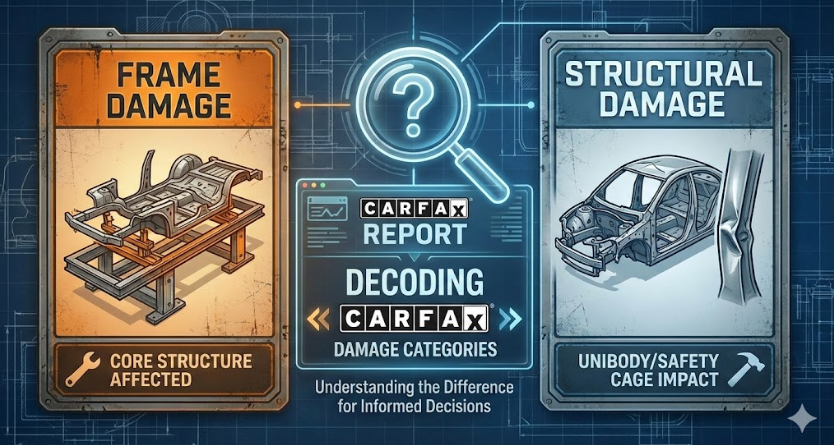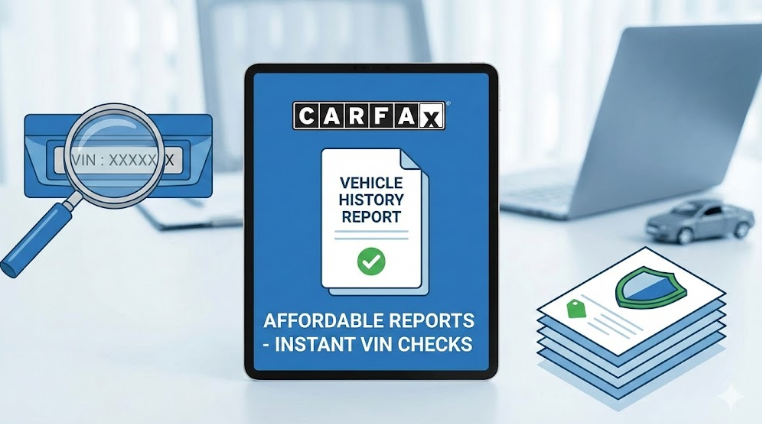
What is Functional Damage in a Carfax Report? Get to Know About it
If you’re buying a second-hand car, you’re probably first checking mileage, correct ownership history, and accident and criminal records. Moreover, only a single term in a Carfax report often makes you give another thought: functional damage.
What does it mean? Should you be anxious? And another question pops into your mind: how can this seriously affect your deal? Here, we’ll break down what functional damage is, why it matters a lot, and how you can save yourself by using a vehicle history report from our website to make an informed buying decision.
Understand What is Functional Damage
Here, Functional damage refers to damage, broken parts that affect the way a vehicle operates, not only its appearance. It’s different from exterior damage, which only affects the vehicle’s looks (like scratches, paint chips, or minor dents).
In simple terms:
● Exterior damage: The car is excellent, just with exterior imperfections.
● Functional damage: The car is not perfect; its performance, safety, or working has been affected.
Functional damage can be caused by issues with the engine or transmission, or by problems with other parts, such as steering, braking, or electrical systems. These problems can compromise the safety and reliability of the vehicle.
Functional Damage in a Carfax Report Examples
When you see functional damage in a Carfax report, it could mean one or more of the following:
1.Engine Issue:
a. The gasket head has blown, causing severe damage.
b. Continuous overheating issues affect the engine badly.
c. Oil leaks are affecting driving performance.
2.Transmission destruction:
a. Slipping gears can cause severe accidents. Over and Harsh shifting.
b. Complete failure of transmission.
3.Suspension and Steering Problems:
a. Broken Control arms and steering.
b. Power steering failure, or steering jam.
c. Misaligned wheels are causing poor handling.
4.Brake Failures or Brake System Fails
a. Brake failures can cause dangerous accidents. Worn-out rotors or calipers.
b. Damaged ABS.
5.Faulty Electrical System:
a. Malfunctioning ECU (engine control unit).
b. Defective sensors.
c. Wiring damage affecting the lights or ignition.
6.Structural Components Impacting Function
a. The bent frame is affecting the alignment. Damaged axles or drive shafts. Crumple zones are compromised in a collision.
Note: A Carfax report will not always describe the exact repair. It might be easily noted as “functional damage” in an insurance claim or accident report.




